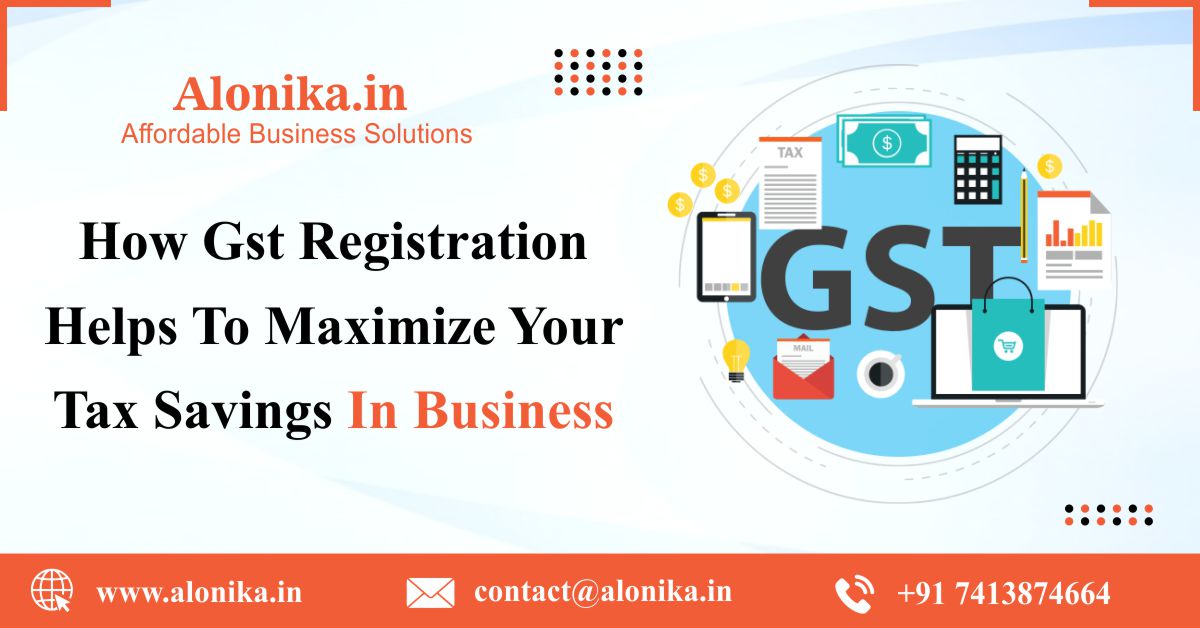How to Find the very best GST Registration Services in Singapore Swiftly
How to Find the very best GST Registration Services in Singapore Swiftly
Blog Article
From Beginning to End Up: The Ultimate Roadmap to GST Enrollment for Companies Looking For Financial Security
Navigating the complexities of Product and Services Tax Obligation (GST) registration is a crucial step for businesses pursuing financial security. From understanding the basic concepts of GST to abiding by post-registration standards, the procedure can appear intimidating in the beginning glance. Nevertheless, breaking down the roadmap right into manageable actions can improve the enrollment journey for organizations seeking to improve their monetary standing. Allow's explore the essential elements that make up this utmost roadmap and uncover exactly how each stage adds to laying a strong foundation for monetary success.
Comprehending GST Basics
Delving into the basic principles of Goods and Services Tax Obligation (GST) is crucial for gaining a detailed understanding of its ramifications on companies and the economic climate. Input Tax Credit History (ITC) is a substantial attribute of GST, allowing businesses to assert credit score for taxes paid on inputs, decreasing the total tax burden. Comprehending the basics of GST is crucial for organizations to comply with tax laws, handle their financial resources efficiently, and contribute to the nation's economic growth by taking part in a transparent tax obligation system.
Qualification Criteria for Enrollment
To sign up for GST, companies should meet details eligibility criteria developed by the government. The primary qualification requirement is that any kind of service included in the supply of products or services with a yearly accumulation turnover above the threshold restriction established by the authorities should register for GST. Since the current policies, the threshold limit for GST enrollment is an annual accumulation turnover of 40 lakhs for businesses operating within a state, with the exception of special group states where the limit is 20 lakhs. Furthermore, certain businesses are called for to sign up for GST regardless of their turnover, such as interstate distributors, casual taxable persons, and services liable to pay tax obligation under the reverse cost device. It is essential for companies to completely assess their turnover and deal kinds to determine their GST registration obligations accurately. Failure to sign up for GST when eligible can bring about fines and lawful repercussions, making it crucial for services to follow the specified qualification requirements.
Papers Required for Enrollment
Having fulfilled the eligibility requirements for GST registration, services should currently ensure they have the requisite records in location to wage the registration process successfully. The papers required for GST registration normally consist of proof of service constitution, such as collaboration deed, registration certificate, or unification certificate for various kinds of businesses. Additionally, organizations require to supply records establishing the major business, such as a rental agreement or electricity expense. Frying pan card of business, as well as the identification and address proof of promoters/partners/directors, are necessary for verification objectives. Checking account declarations, together with canceled cheques or a copy of the financial institution passbook, are needed to confirm the financial information supplied during enrollment. Organizations need to have electronic signatures ready for the authorized signatory. Ensuring all these papers are organized and conveniently offered will accelerate the GST registration process, enabling services to follow tax obligation regulations perfectly.
Step-by-Step Registration Refine
Commencing the GST registration process entails a series of structured actions to make certain a certified and seamless enrollment for companies. The initial action is to check out the GST website and submit the registration kind with exact information of business entity. Following this, the applicant obtains a Temporary Recommendation Number (TRN) which is made use of to resume the application procedure if it's not completed in one go.
Next, all needed records based on the checklist given by the GST portal requirement to be published. These papers usually include evidence of organization identification, address and registration proofs of promoters, economic declarations, and organization entity's frying pan card.

Post-Registration Conformity Standards

Final Thought
In final thought, companies looking for economic security needs to recognize the essentials of GST, satisfy qualification standards, collect essential papers, read this article comply with the step-by-step registration process, and adhere to post-registration guidelines - Best GST registration services in Singapore. By adhering to these actions, organizations can make certain conformity with tax obligation policies and keep financial security over time
Additionally, particular services are needed to sign up for GST regardless of their turn over, such as interstate distributors, informal taxed individuals, and businesses accountable to pay tax under the reverse cost mechanism.Having satisfied the qualification requirements for GST enrollment, companies have to currently guarantee they have the requisite papers in place to continue with the registration process effectively. The papers required for GST enrollment generally consist of evidence of organization constitution, such as collaboration deed, enrollment certificate, or unification certificate for different kinds of services. Additionally, companies require to provide files establishing the principal area of business, such as a rental arrangement or electrical power expense.Starting the GST registration process involves a collection of organized actions to guarantee a certified and smooth registration for services.
Report this page